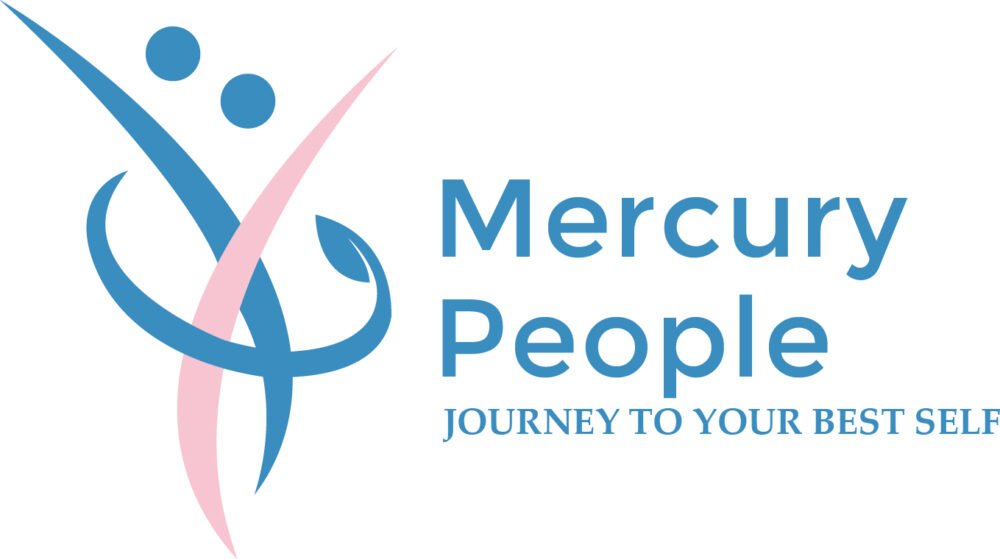
SAILING THROUGH PERIMENOPAUSE: REAL SUPPORT, SCIENCE, AND SELF-CARE FOR A NEW CHAPTER
Perimenopause: The years leading up to menopause can feel like you are steering into uncharted waters. One moment, the seas are calm. The next, you are facing waves of hot flashes, mood swings, body changes, and unexpected emotions. If you are a woman in your late 40s or 50s, or love someone who is, you are not alone on this journey. You can sail this stage with more ease, support, and even self-discovery once you know what’s happening and how to care for yourself.
What is Perimenopause? When Does It Start?
Perimenopause is the transitional period before menopause, when your body begins to shift away from regular menstrual cycles. Most women start to notice changes in their 40s (sometimes late 30s), and it can last 2–10 years before periods stop for good. It’s a natural part of life, yet, it’s rarely talked about openly.
Common Symptoms And Why You Are Not Alone
Perimenopause looks different for every woman, but some symptoms are especially common:
Irregular periods (timing, flow, or duration)
- Hot flashes, night sweats
- Trouble sleeping
- Mood swings, anxiety, or irritability
- Brain fog and forgetfulness
- Weight gain or changes in body shape
- Lower libido
- Vaginal dryness or discomfort
- Fatigue, headaches, or joint pain
- Feeling “not yourself” or more withdrawn
Science & Psychology: How Perimenopause Changes Your Brain and Body
Hormones like estrogen and progesterone start to fluctuate during perimenopause. Neuroscientifically, these hormones help regulate mood, memory, sleep, and even temperature in the brain. That’s why you might suddenly feel anxious, forgetful, or unable to sleep, and why hot flashes can hit out of nowhere.
The Brain Adapts:
As these hormones shift, your brain is busy rewiring, strengthening new connections for emotional resilience and adaptability (a process called neuroplasticity). You may feel more sensitive, overwhelmed, or even insecure about your body, but remember: your brain is working to help you adjust and sail this new course.
The Emotional Reality: Silence, Shame, and Self-Doubt
Many women feel awkward admitting they are approaching perimenopause. There’s pressure to appear “young” or fear that talking about symptoms will make them seem old or less attractive, especially to partners. This silence can fuel shame or isolation.
But perimenopause is not a sign of fading value. It’s a milestone that marks wisdom, strength, and a new chapter. You are as needed and worthy as ever.
SAILING WITH SELF-CARE: WHAT REALLY HELPS
Eat to Support Your Changing Body:
- Soy (tofu, edamame): May ease hot flashes thanks to phytoestrogens.
- Leafy greens: Provide magnesium and calcium for mood and bone strength.
- Fatty fish: Omega-3s protect your heart and brain.
- Seeds (flax, pumpkin): Healthy fats support hormone balance.
- Berries and citrus: Antioxidants boost immune and brain health.
- Limit caffeine/alcohol: They can worsen symptoms like anxiety and hot flashes
Move Your Body:
Gentle movement (walking, swimming, yoga) releases endorphins and serotonin, your natural mood and energy boosters.
Yoga and stretching: Calm the nervous system and improve sleep.
Short, regular walks: Increase blood flow to the brain and reduce stress.
Train Your Brain with Mind-Body Practices:
- Breathwork: Try “4-4-6 breathing” (inhale for 4, hold for 4, exhale for 6). This activates the vagus nerve, calming stress circuits.
- Meditation: Even 10 minutes a day can thicken brain regions tied to emotional balance, making mood swings less overwhelming.
- Journaling: Writing down worries can help process emotions and reduce mental clutter.
When You Don’t Want to Talk About It:
- Private online forums or women’s health apps let you share and learn anonymously.
- Podcasts and books on menopause provide comfort and knowledge.
- Journaling is powerful even if you never share your thoughts.
Financial Pressure: The Hidden Wave
Perimenopause often arrives at a time when financial responsibilities are peaking—think medical expenses for managing new symptoms, paying for wellness therapies, or buying special products for comfort and health. Many women are also juggling career changes, supporting children through college, or even caring for aging parents. The combination of physical changes and money-related stress can feel overwhelming, so remember: you’re not alone in facing these challenges. Seeking support, planning budgets, and reaching out to financial advisors can help lighten the load as you sail through this life stage.
For Male Partners: Practical Ways to Sail Together
Many partners want to help, but aren’t sure how. Here’s what truly supports a woman through perimenopause:
Get Curious, Not Critical:
Learn together. watch a short video or read a reputable article about perimenopause. This shows respect and reduces awkwardness.
Notice, Don’t Nag:
If you see she’s tired or moody, ask, “Is there anything you need right now?” Sometimes quiet company is all it takes.
Shift Intimacy:
Physical touch can feel different. Focus on affection, holding hands, hugs, simple massages over expectations of sex. Emotional connection is more important than ever.
Be Her Wellness Ally:
Join her on a walk, offer to help with meals, or support healthy routines. Celebrate progress, not just outcomes.
Use Words That Uplift:
“You are strong for sailing through this. I love you at every stage.”
“If you want to talk or need space, I am here for you.”
For Single Parents: How Kids Can Be Part of the Crew
Be Honest, Age-Appropriately:
“My body is changing, and sometimes I need extra rest or quiet time. It’s not your fault, I still love you.”
Invite Small Acts of Help:
Let children help set up dinner, tidy up, or just sit together during quiet moments.
Model Self-Care:
When you pause for deep breaths or a stretch, you show them self-care is normal and important.
Encourage Questions:
Let them ask about your mood or changes, and answer simply and calmly.
Staying Vibrant. Redefining Youthfulness in Perimenopause
Forget chasing youth and embrace new ways to feel alive and inspired:
Try something new:
A new recipe, a hobby, a language. Learning stimulates brain growth (neuroplasticity) and brings joy.
Reignite old passions:
Revisit music, art, gardening or activities that light up your mind’s reward centres.
Practice self-compassion:
Studies show self-kindness eases symptoms and boosts happiness.
Curate your circle:
Spend time (online or offline) with people and communities who encourage and energize you.
Withdrawal and Mood Swings: Science and Self-Compassion
Hormonal shifts can lower serotonin and dopamine, which explains feelings of withdrawal, sadness, or anxiety.
Allow yourself quiet time but balance it with gentle movement or short social moments (a text, a call, a walk).
Remember: these changes are biological, not a personal failing. Support and self-care are valid and necessary.
SAILING FORWARD: YOU ARE NOT ALONE
Perimenopause can be unpredictable and challenging, but it’s also a chance to rediscover your strength, wisdom, and joy. With specific, science-backed care, compassionate support from partners and family, and permission to ask for help (or take time alone), you can sail this new sea with hope and self-love.
If you are ready to sail these changes with support, resources, or simply a listening ear, reach out. This chapter can be vibrant. let’s chart it together.
